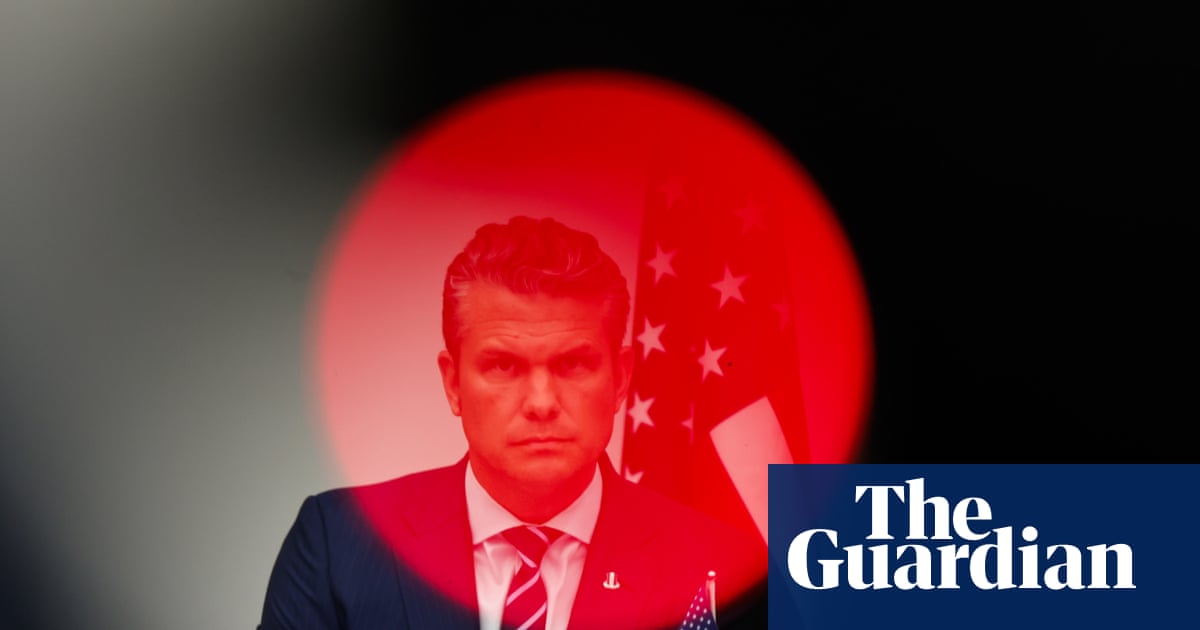Sabrina Carpenter’s country-tinged synth-pop album Man’s Best Friend initially drew attention for its divisive album cover. But as masculinity researchers, we see her work differently. It’s a cultural marker of a wider phenomenon: young women’s increasing withdrawal from dating and committed relationships.
Carpenter bottles the palpable exasperation of young women’s experiences with emotionally unprepared partners. And her feelings show up in the data. Women are more likely than men to say dating is harder than it was 10 years ago and they are twice as likely to cite physical and emotional risk as the reason why. The disproportionate emotional labor placed on women in relationships, paired with rising economic insecurity, does not compute.
If Taylor Swift’s pop ballads embodied millennial aspirations of love, then Sabrina Carpenter, for gen Z, instead captures the sense that healthy relationships are out of reach. In her song Nobody’s Son, Carpenter sings: There’s nobody’s son / Not anyone left for me to believe in, a growing sentiment we’ve found in our research. Gen Z is undoubtedly diverging by gender, as 62% of single women report they’re not looking to date at all, compared with 37% of men. And the gen Z women who are dating are increasingly choosing older men. This has wide-ranging implications, from political futures to fertility rates.
The manosphere’s narrative has spread, blaming male loneliness on women while ignoring the decline in male friendships, or the communal spaces lost to austerity measures. In reality, it is often young women on the receiving end of the loneliness crisis. Carpenter captures this in the title Man’s Best Friend: the feeling of dating men who release long-bottled emotions in romantic relationships rather than friendships. This undue pressure has led to fewer young women willing to enter relationships, a trend amplified as both genders are told to turn away from each other online.
In Tears, Carpenter highlights this shift in young men’s respect for women: A little respect for women will get you very, very far / Offering to do anything, I’m like (Oh my god!). This low bar reflects a broader trend among gen Z men, who increasingly adhere to restrictive masculine norms and push back against gender equality. As of 2023, 55% of men feel entitled to knowing their partner’s whereabouts, 42% believe they should always have the final say in relationships and men aged 18-23 are the least likely to agree with the statement that “feminism has made America a better place”.
As the market for digital intimacy balloons, the concerns raised in Man’s Best Friend show no clear path toward resolution. Instead, emerging technologies purporting to solve this “loneliness crisis” exploit a gendered gap – tapping into male insecurities, emotional suppression and the stigma around seeking help. AI girlfriend platforms like Candy.ai and Kindroid are exploding in popularity. Nor is it just men, as 72% of teens report using AI “companions”. Instead of offering real support, they paywall intimacy and hyper-sexualized “companions”. Socialized to avoid vulnerability, boys are being funneled into digital relationships where emotional connection costs money and care is reduced to a buyable commodity. These platforms profit from keeping men emotionally isolated.
In an online ecosystem where men’s outrage fuels engagement, Carpenter’s album art – showing her on all fours as a man pulls her by the hair – ignited a sensationalist stir, condemned by critics as “soft porn for the male gaze”. But was Carpenter pandering to or provoking the manosphere? When the album dropped, her lyrics confirmed what fans familiar with her discography could have guessed all along: a sharp, hyperaware take on gender power dynamics. Through irony and provocation, she makes clear that she controls the narrative, rather than being consumed by it.
Carpenter is not the only pop star expressing the exasperation of gen Z women. The meteoric rise of stars like Olivia Rodrigo and Carpenter ask us to question: so whose problem is this? Carpenter gives us an answer in the song Manchild: “I choose to blame your mom.” Knowing that he isn’t her responsibility, she sums up the problem with our current moment of “masculinity crisis”: its blame and solutions continually land on women.
It leaves us asking: how can young people move through this exasperation to form healthy relationships, when we aren’t directly talking to each other? Despondency about dating isn’t new – but the prevailing belief had been that persistence would eventually lead to partnership. But as the gender divide continues to widen, what will the future of relationships, and thus the fabric of our society, look like? How can women voice frustration over the emotional labor that jeopardizes future relationships without getting stuck in resentment? And if young men do become more emotionally available, will we even recognize it when it happens?
-
Caroline Hayes is a researcher and narrative strategist, specializing in the intersection of tech, culture and gender; Carolina Hidalgo-McCabe is an organizer, researcher and the host of The Masking Tapes, a podcast that explores 21st century masculinity and the gender divide; Alice Lassman is a policy expert, with her forthcoming book exploring how AI’s influence on gender and emotions are reshaping economic life

.png) 2 months ago
70
2 months ago
70

















































